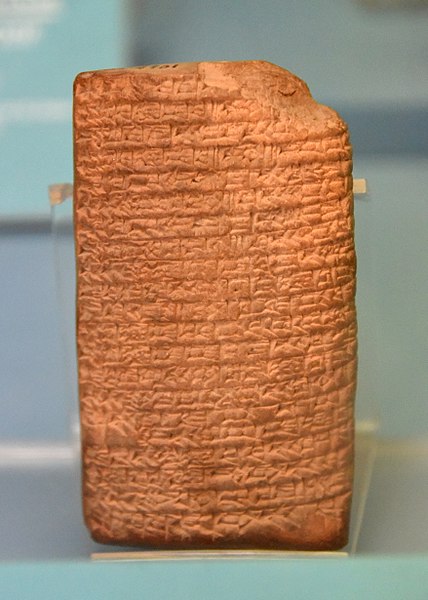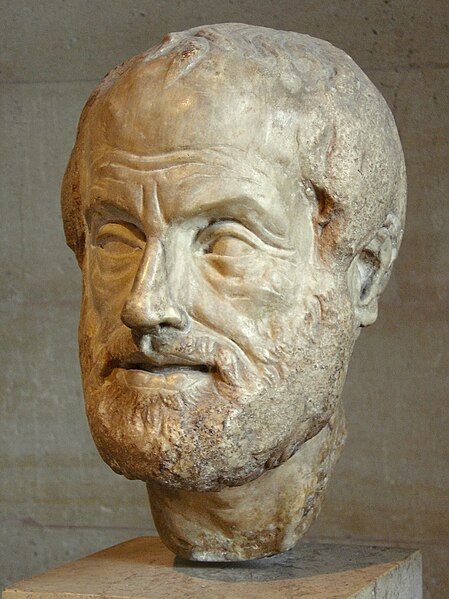In prosody, alliterative verse is a form of verse that uses alliteration as the principal device to indicate the underlying metrical structure, as opposed to other devices such as rhyme. The most commonly studied traditions of alliterative verse are those found in the oldest literature of the Germanic languages, where scholars use the term 'alliterative poetry' rather broadly to indicate a tradition which not only shares alliteration as its primary ornament but also certain metrical characteristics. The Old English epic Beowulf, as well as most other Old English poetry, the Old High German Muspilli, the Old Saxon Heliand, the Old Norse Poetic Edda, and many Middle English poems such as Piers Plowman, Sir Gawain and the Green Knight, Layamon's Brut and the Alliterative Morte Arthur all use alliterative verse.
The Old English epic poem Beowulf is written in alliterative verse.
The replicas of the Golden Horns of Gallehus exhibited at the National Museum of Denmark
Poetry, also called verse, is a form of literature that uses aesthetic and often rhythmic qualities of language − such as phonaesthetics, sound symbolism, and metre − to evoke meanings in addition to, or in place of, a prosaic ostensible meaning. A poem is a literary composition, written by a poet, using this principle.
The oldest known love poem. Sumerian terracotta tablet#2461 from Nippur, Iraq. Ur III period, 2037–2029 BCE. Ancient Orient Museum, Istanbul
The philosopher Confucius was influential in the developed approach to poetry and ancient music theory.
An early Chinese poetics, the Kǒngzǐ Shīlùn (孔子詩論), discussing the Shijing (Classic of Poetry)
Aristotle






